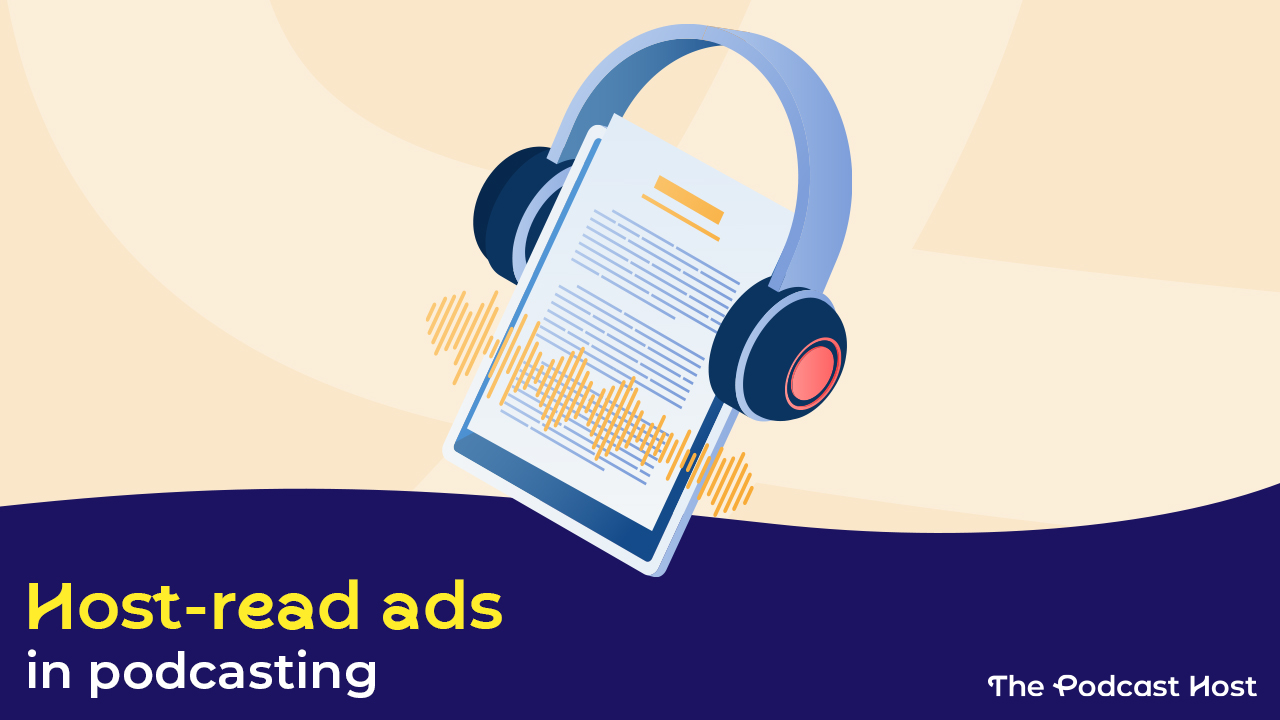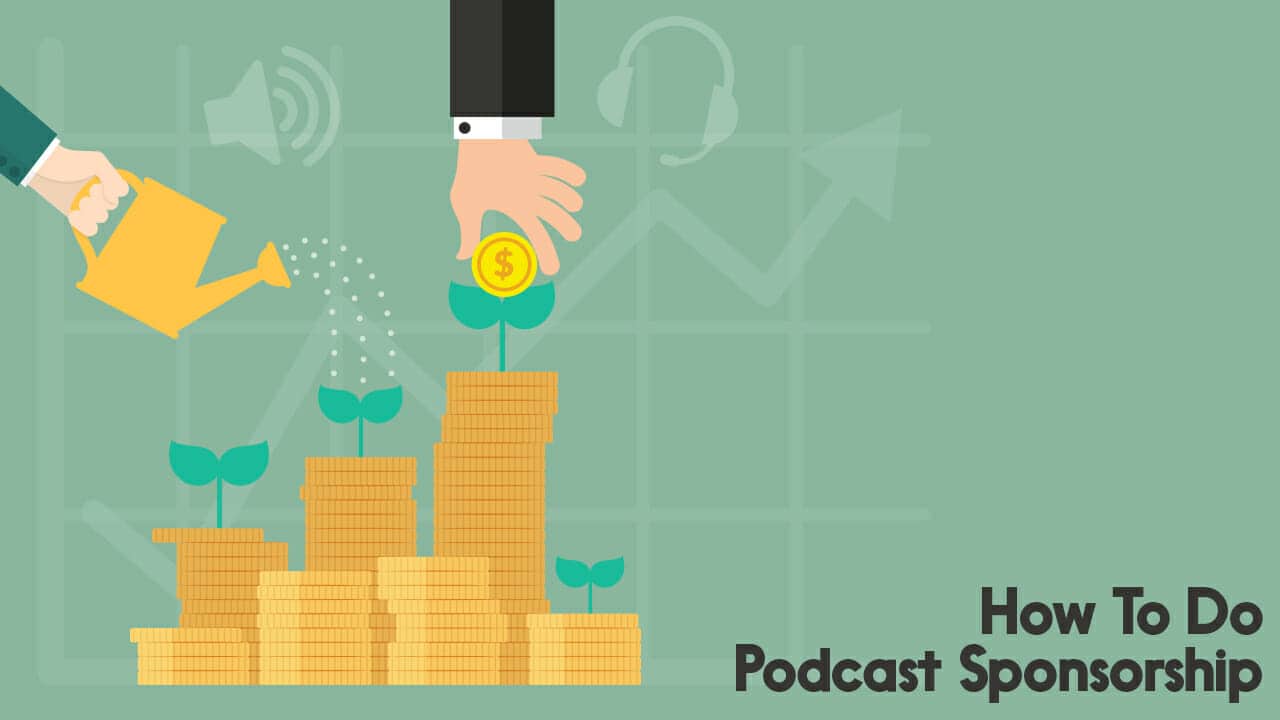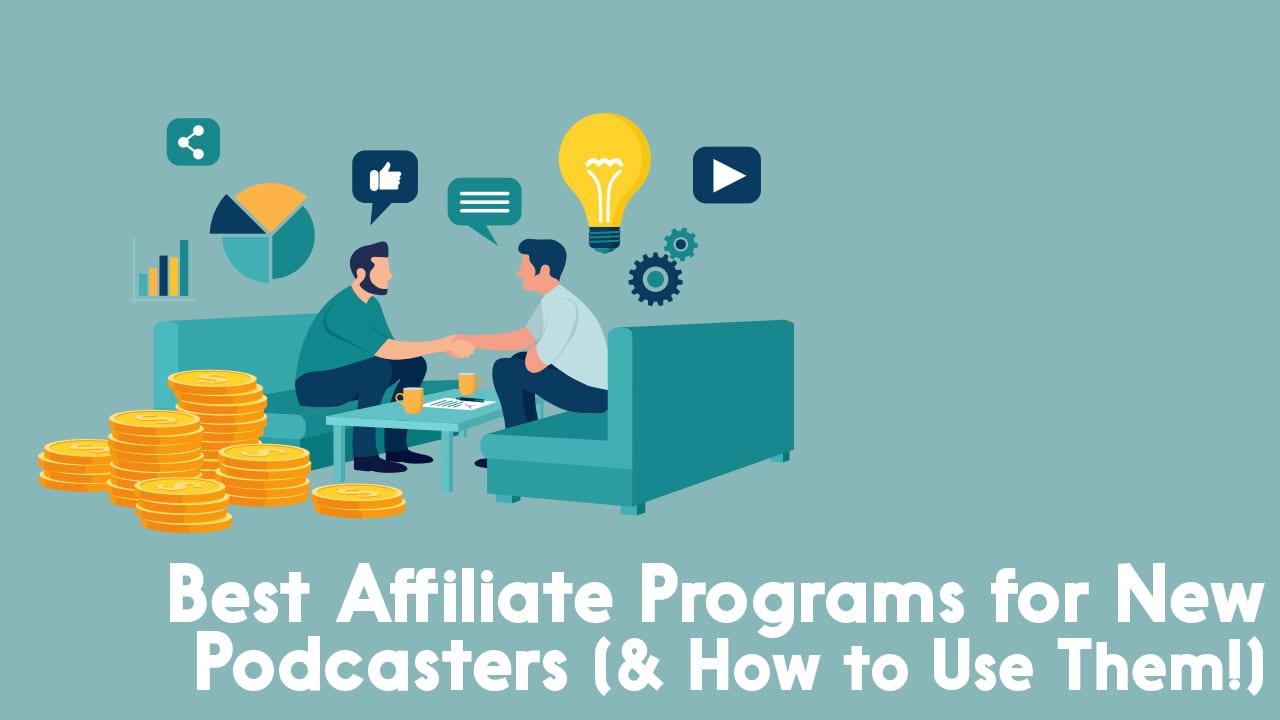Host-Read Ads in Podcasts: Some New Pitfalls to Avoid

It’s no secret that host-read ads in podcasts perform slightly better than other kinds of podcast ads. In a 2020 study, Nielsen reported, “Host-read ads also produce an average of 50% increase in purchase and recommendation intent among listeners when compared against non-host-read ads.”
The trust and intimacy that podcast hosts build are a great way to sell products. When the ad’s text is woven into the fabric of the episode discussion, listeners are less likely to hit the ‘skip 30 sec. ahead” button. It’s so persuasive, in fact, that the Federal Trade Commission is stepping up to protect customers from predatory advertising practices in podcasting.
What Did The FTC Do?
Podnews reports that if a podcaster claims to use a product in their podcast, and they haven’t, or if they make “deceptive claims,” the resulting fine is “an oddly-specific $43,792 per offense.”
The good news is that the FTC sent this letter to companies who tend to advertise on podcasts, not to podcasters or podcasting companies. “We request that you distribute copies of the notice of penalty offenses and this letter to each of your subsidiaries that sells or markets products or services to consumers in the United States.”
In a nutshell: if your company hires a podcaster to talk about your products, they haven’t tested it, and they don’t tell the truth, fines ahoy. It’s unclear if only the company is fined, or the podcaster as well.
What Does This Mean for Podcasters?
This is one thing if your podcast is a Spotify exclusive that pays you ten million dollars and you make off-the-cuff statements about a website design system, an employment recruiting firm, or a veterinary pharmaceutical product. That fine might be a slap on the wrist.
It’s another thing entirely if you’ve a small-budget podcast, and your host-read ads cover your entire media hosting bill for the month. Not only do you need that ad revenue, but also you don’t need to risk fines. You also don’t want to risk the company suddenly changing their mind about having you read their ad copy in the future.
When you agree to the host-read ad, ask the company to let you try the product, at no cost. The amount of money they’d spend on a 7-day trial or a product sample is significantly less than the FTC’s fines. If they balk, do you really want to be endorsing them?
Whatever you say, be honest. Sure, it’s fun to say that an energy drink “gives you wings,” but maybe it’s better to say that it gave you the energy to scrub the bathtub if that’s the case.


Editor’s Note
In July of 2023, Sounds Profitable’s The Download reported that the FTC has released new guidelines, targeted more specifically at influencer campaigns on social media. “These new endorsement guidelines… are a vital read for advertisers and podcasters alike. Better to keep on the right path and be a poster child of compliance, rather than for the next version of these guidelines to feature a section specifically on disclosing sponsorships in podcast episode notes.” FTC Publishes Product Endorsement Guidelines
What Does This Mean for Companies That Use Host-Read Podcast Ads?
Get your free samples and trial offers ready. If Nielsen’s statements above weren’t enough to convince you that host-read podcast ads deliver good results, take a look at this graph. The difference between host-read and non-host-read ads has big, positive results.
The FTC sent this notice to a huge list of companies, not because they had done anything wrong, but because they’re likely to buy podcast ad space. If anything, it’s a compliment: companies who advertise on podcasts are more successful. Not only established brands, but also, emerging brands benefit, according to a study last year from Signal Hill Insights, Midroll, and Stitcher.
Some companies provide sample text for host-read ads. This can be helpful, but don’t insist that the podcaster sticks to the script verbatim. Give them a bullet point script, and let them improvise. They’ll sound more natural, which increases affinity and makes your product sound good.
Whatever you do, don’t give a podcaster copy that includes untested or outright false claims. Your reputation is your best marketing strategy.


